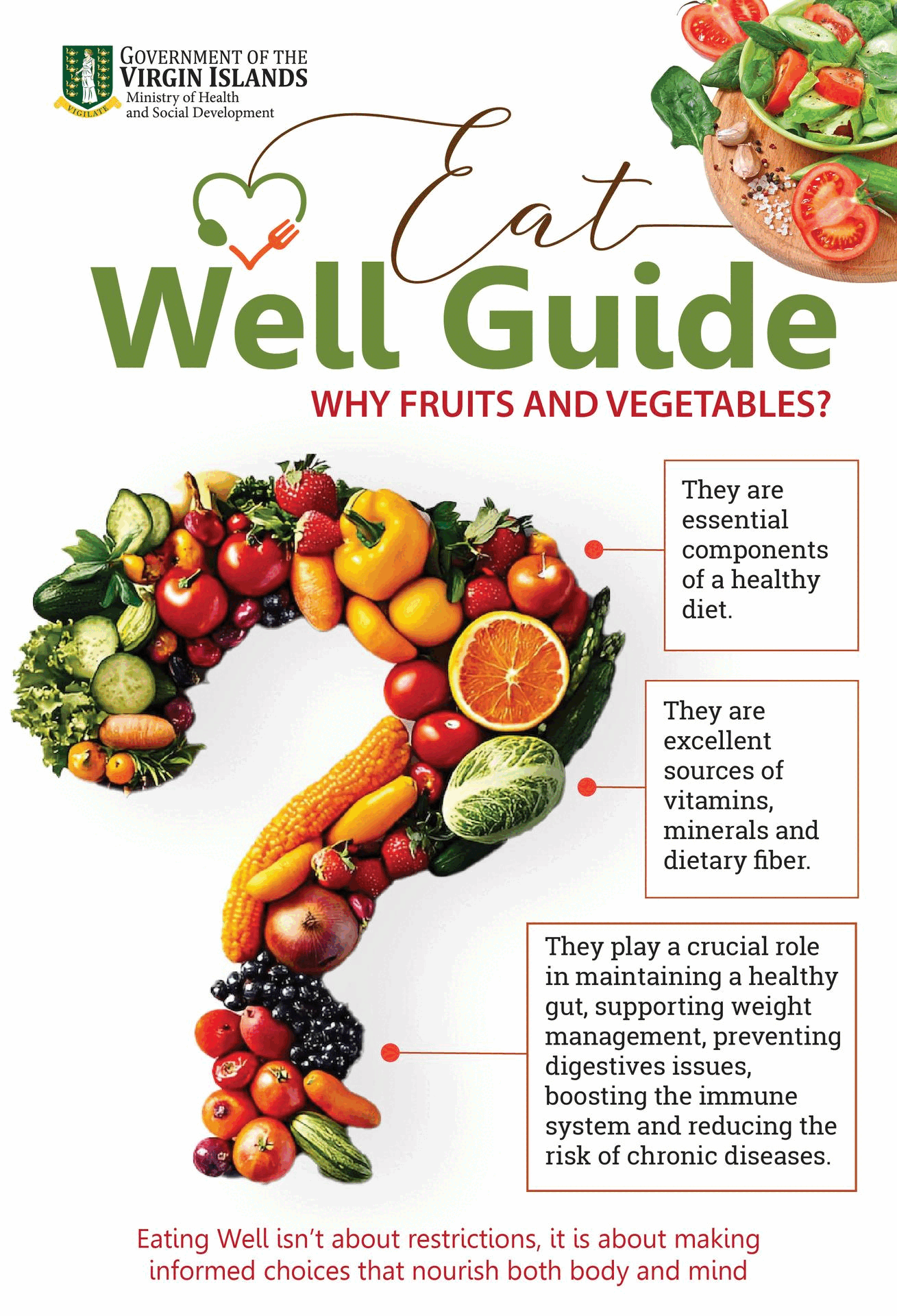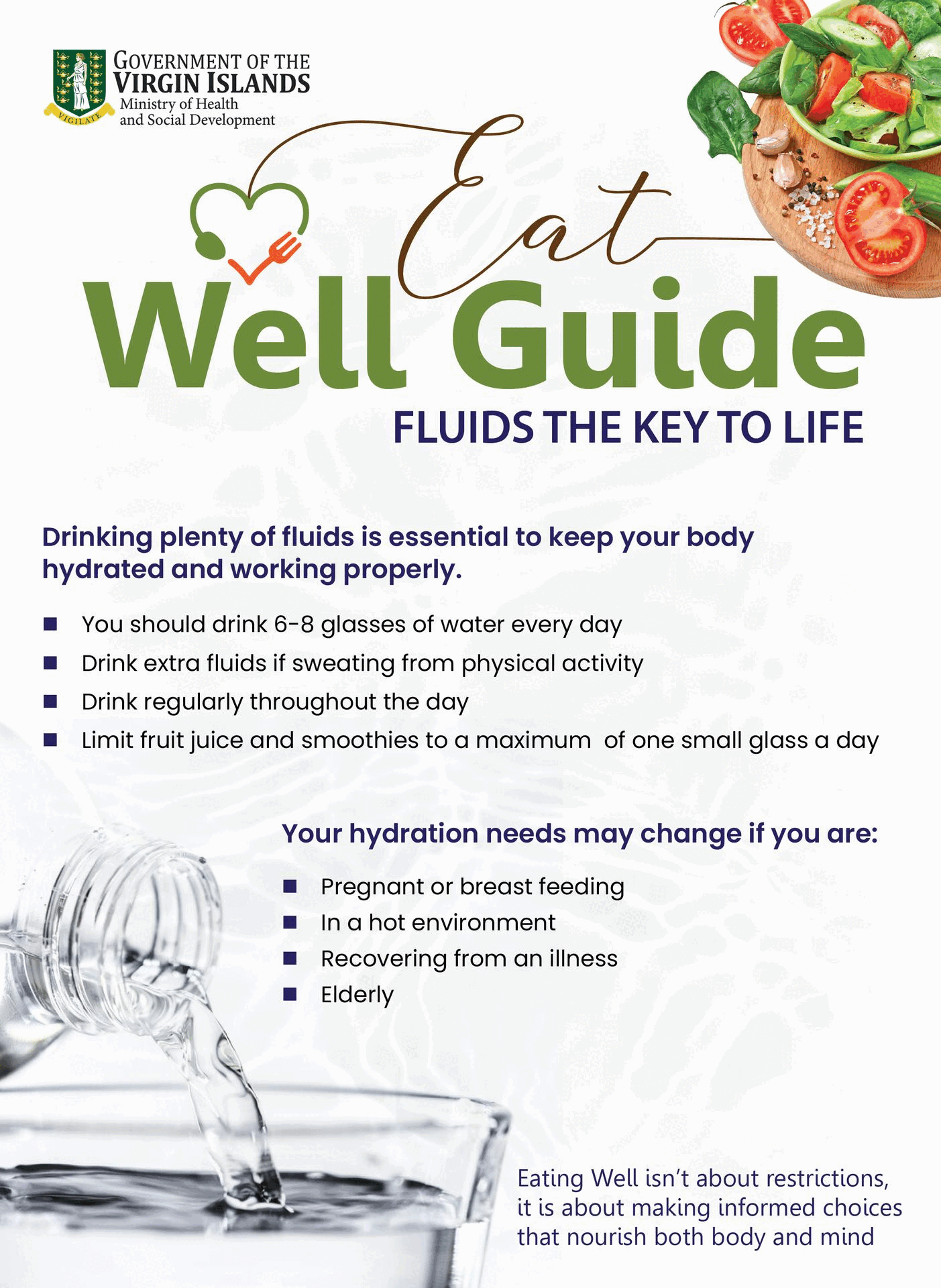Corruption: A Greater Problem In The United Kingdom
By Overseasreview
As part of the survey on corruption in Europe, Transparency International’s national chapter in the UK did a special focus on “Corruption in the UK”. The results were damning: “corruption is a greater problem in the UK than is currently recognised”, the research found.
As part of the survey on corruption in Europe, Transparency International’s national chapter in the UK did a special focus on “Corruption in the UK”. The results were damning: “corruption is a greater problem in the UK than is currently recognised”, the research found.
According to research conducted by Transparency International’s UK national chapter (TI-UK), “corruption is a greater problem in the UK than is currently recognised”, and while it is a “growing threat”, the government’s response is “inadequate”.
TI-UK’s special focus on “corruption in the UK was the most extensive of its type carried out in the country. It examined 23 sectors and institutions in Britain, and 48.1% of respondents said they did not think the government was effective in tackling corruption.According to the results, four institutions stood out as having particular problems with corruption: Parliament, political parties, prisons, and sports. Perhaps not surprisingly, political parties were perceived as the most corrupt in the country, followed by professional sport and Parliament.
What makes political parties more odious to the populace is that the UK is one of the few industrial democracies that do not have a ceiling on donations to political parties. As such, a high dependence on very large individual donations has increased the risk of corruption and exacerbated public unease about donors’ influence over politicians.
A good 86% of respondents said a seat in the House of Lords for a businessman who has made large donations to a political party was potentially corrupt. This view has been reinforced by recent scandals in Parliament involving MPs’ expenses, charges of nepotism against some MPs, the public’s continuing worries over lobbying companies, and the access of interest groups to MPs.
A scandal in March 2010 in which several MPs and former ministers offered their influence and contacts to journalists posing as representatives of a potential corporate employer interested in hiring them for lobbying work, has also exacerbated concerns about the “revolving door” between government and the private sector. Respondents think this is undermining trust in government, because of the potential conflicts of interest.
According to TI-UK’s research: “Discussion in the UK about the problem of corruption often tends to assume, rather complacently, that it is a problem that exists in other countries, particularly in the developing world. [But] corruption has been a problem in the UK for much of its history and it was widespread in the 18th and 19th centuries. Bribe-paying was common, and it is less than 200 years since a seat in Parliament could easily be bought or given as a gift. The UK is therefore not immune to corruption.
“[However] the growth of strong institutions in a democratic framework has led to a significant decline in corruption, and the UK of today performs relatively well in international tables and indices on corruption. For example, the UK was ranked 20th out of 180 in the 2010 Corruption Perceptions Index, although this had declined from 11th place five years ago.” Today research shows that bribery is relatively unusual in the UK, although in the institutions and sectors in which corruption is a particular risk, bribery is more common – for example in the construction sector and prisons.
“In general,” says TI-UK, “corruption in the UK takes forms other than bribery, but is nevertheless damaging. For example, cronyism and conflicts of interest are common forms of corruption ... and as in any country, corruption in the UK has victims. However, they may be less apparent in the UK because they are part of marginalised groups in society or because the corruption operates in intangible ways and so the victims are not immediately clear.”
From TI-UK’s research, the following categories of corruption are prevalent in the UK: Bribery, collusion, conflict of interest, cronyism or nepotism, fraud, gifts and hospitality, lobbying, money laundering, revolving door, abuse of authority or trading in influence, illegal disclosure of information and misuse of IT systems, and vote rigging.
Yet “there is a disturbing state of complacency, and even denial, about the existence of the problem in key UK institutions and sectors,” says TI-UK. “An overall theme that emerges from the research is that there is a general lack of awareness and understanding of corruption as a problem, both within institutions and more generally.”
As such the combination of the lack of awareness and the lack of information make it difficult to reach firmer conclusions about the scale of corruption in the UK. “Disturbingly,” says TI-UK, “there is a sense that corruption in the UK is increasing. This was the public perception in our national opinion survey.”But inadequate government response has created a culture of impunity. TI-UK research found that in all areas, the corruption of key officials, often in the form of bribery, was a critical factor in allowing wrongdoing to take place.
Interestingly, the UK has several laws and regulations that cover offences related to corruption. The most prominent of these is the new Bribery Act passed in 2010. There is also the 2006 Fraud Act, and the 2002 Proceeds of Crime Act, and other anti-money laundering legislation.
There are also 12 different agencies or government departments with partial responsibility for anti-corruption activities plus more than 40 police forces in the country. But it is clear that they are not doing enough to share information and good practice on corruption prevention.
As such, TI-UK’s research found that the tentacles of organised crime extend to several UK sectors where criminal activity and corruption are inextricably linked. “The UK Border Agency has been targeted by organised crime, as have the police and the prison service. Social housing is [also] exploited by organised criminals either to facilitate drug trafficking or prostitution, or to house illegal immigrants who are involved in such activities.”
One interview respondent told the TI-UK research team: “Corruption is an enabler, like violence and intimidation are enablers. Criminals will use the lowest risk option, which is usually corruption [and] this can have a massive impact on the UK...”
In recent years, prominent cases of corruption such as match fixing in snooker, spot fixing in cricket, cheating in rugby, and irregular payments associated with the transfer of football players have made the UK public see sports as the second most corrupt sector in the country. Approximately one-third (24) of recent cases of corruption in sports has involved football.
Statistics
According to a leaked Scotland Yard investigation in 2006, there are around 1,000 corrupt prison officers currently working, with a further 600 officers being involved in an inappropriate relationship with a prisoner. In 2009 alone, there were 10,090 prosecutions under the 2006 Fraud Act. And in 2007, an inquiry into corruption in sports found that irregular payments had been made in 17 football transfers.
“It is currently estimated that 38,000 people are involved in organised crime in the UK, and such activities cost the economy anywhere between £20 billion and 30 billion per year,” says TI-UK. “A 2006 survey for the construction sector found that 41% of respondents had personally been offered a bribe at least once.”
TI-UK recommends that more action should be taken by the government to understand “the growing threat of corruption in key sectors of the UK”. Politicians, business, and institutions urgently need to understand that corruption must be tackled consistently and coherently.
Disclaimer: Virgin Islands News Online (VINO) welcomes your thoughts, feedback, views, bloggs and opinions. However, by posting a blogg you are agreeing to post comments or bloggs that are relevant to the topic, and that are not defamatory, liable, obscene, racist, abusive, sexist, anti-Semitic, threatening, hateful or an invasion of privacy. Violators may be excluded permanently from making contributions. Please view our declaimer above this article. We thank you in advance for complying with VINO's policy.






.jpg)

.jpg)








1.png)
.png)




















2 Responses to “Corruption: A Greater Problem In The United Kingdom ”